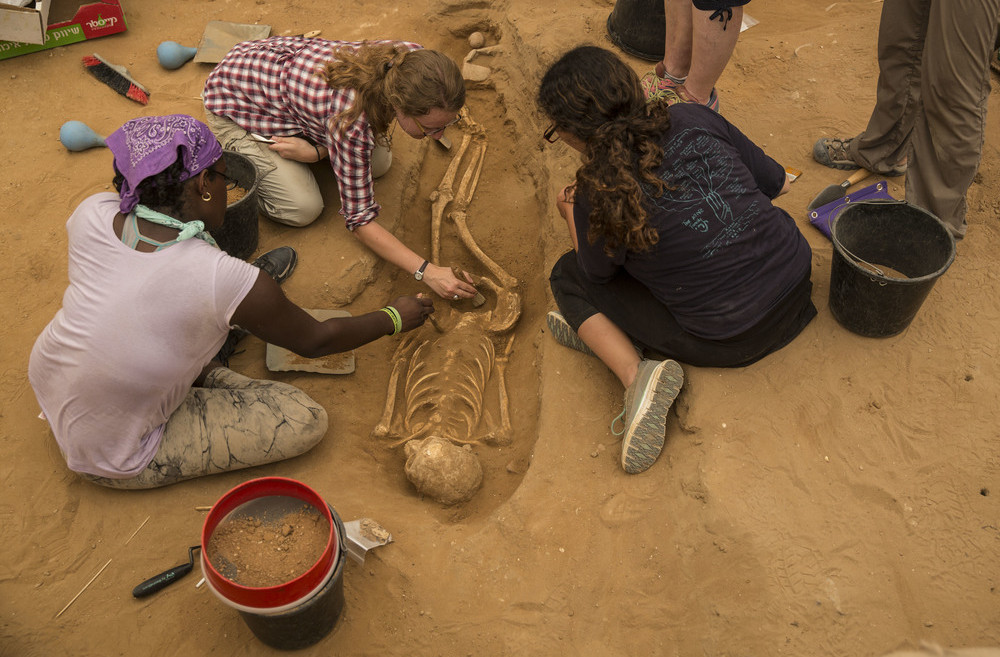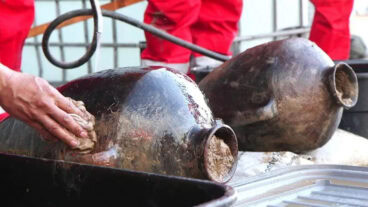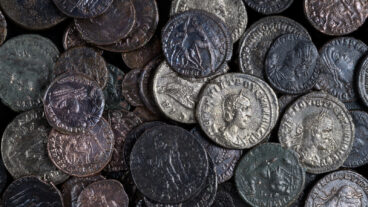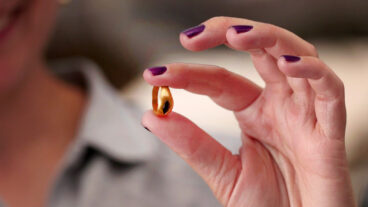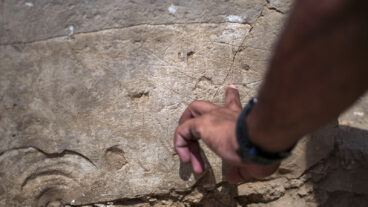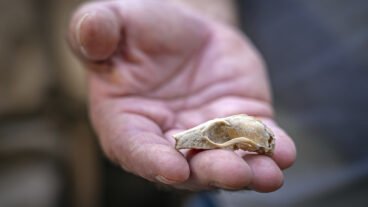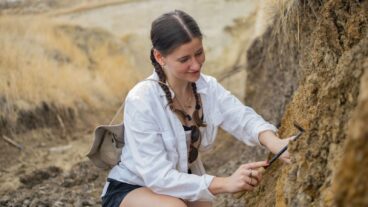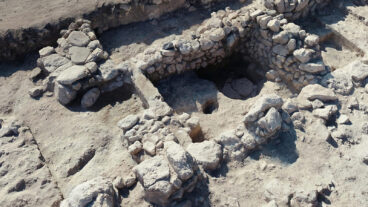The Leon Levy Expedition to Ashkelon has announced the groundbreaking discovery of the first Philistine cemetery ever to be found, following more than 30 years of excavation at the site on the western shore of Israel.
Findings from the cemetery, dated to the 11th–8th centuries BCE, support the Bible’s description of the Philistines as western migrants to the shores of ancient Israel around the 12th century BCE.
The Philistines are most famously known as the archenemy of ancient Israel from the Hebrew Bible. Excavations at Ashdod, Ekron, Ashkelon and Gath (Tel es-Safi) have demonstrated how culturally distinct they were from the Israelites of that period in their ceramics, jewelry and weapons.
Bones from the cemetery are currently undergoing DNA, radiocarbon and biological distance testing.
“After decades of studying what Philistines left behind, we have finally come face to face with the people themselves. With this discovery we are close to unlocking the secrets of their origins,” said Daniel M. Master, professor of archaeology at Wheaton College in Illinois, one of the sponsors of the Leon Levy Expedition in the Ashkelon National Park along with the Leon Levy Foundation, the Semitic Museum at Harvard University, Boston College and Troy University.
The expedition operates under license from the Israel Antiquities Authority and the Israel Nature and Parks Authority.
“Ninety-nine percent of the chapters and articles written about Philistine burial customs should be revised or ignored now that we have the first and only Philistine cemetery found just outside the city walls of Tel Ashkelon, one of the five primary cities of the Philistines,” said Lawrence E. Stager, Dorot Professor of the Archaeology of Israel, Emeritus, at Harvard University.
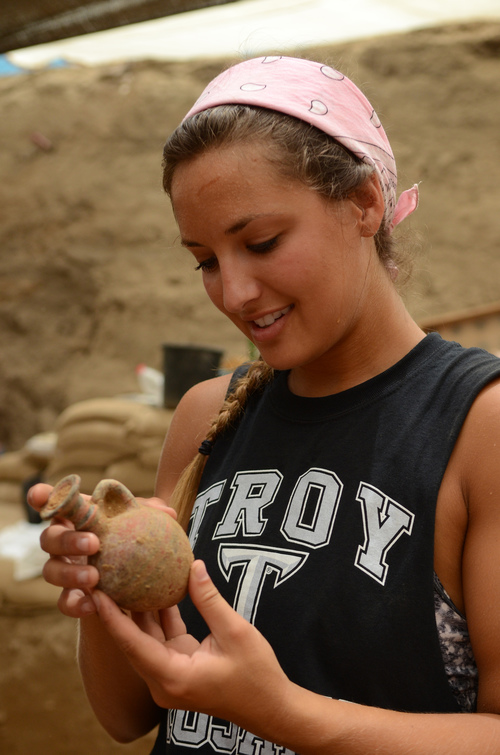
Archeologists digging in the Philistine cemetery found decorated juglets filled with what is assumed to have been perfumed oil, along with storage jars and small bowls. A few individuals were found wearing bracelets and earrings, and some were accompanied by their weapons, but the majority of the individuals were not buried with personal items.
New finds from the cemetery and highlights from previous excavations in Ashkelon are on display in the Israel Museum exhibition, “Ashkelon: A Retrospective, 30 Years of the Leon Levy Expedition,“ through February 17, 2017 at the Rockefeller Archaeological Museum in Jerusalem.




